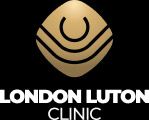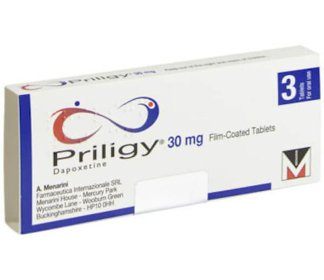
Premature ejaculation, often abbreviated as PE, is one of the most common ejaculation problems affecting men. This sexual dysfunction can impact various aspects of a man's life, leading to reduced satisfaction in one's sex life and potential relationship issues. Understanding the foundation of this sexual disorder is key to addressing the underlying causes and implementing effective management strategies. PE often results from a combination of physical and psychological factors.
Performance anxiety and stress can exacerbate the problem, leaving patients feeling frustrated. Many facing ejaculation problems might experience a sense of isolation and concern about their sexual performance, which may further intensify symptoms. Proper care and an empathetic approach can significantly help those struggling with premature ejaculation. Identifying symptoms early, as well as seeking diagnosis and subsequent treatment options, can alleviate the emotional and physical burden associated with this condition.
Establishing open communication with partners plays a vital role in managing ejaculatory concerns and improving a couple's overall sex life. By recognizing the nature of premature ejaculation, both patients and their partners can take steps towards finding solutions that enhance their relationship and personal well-being. Ultimately, understanding PE involves examining various factors to deliver personalised care and support.







